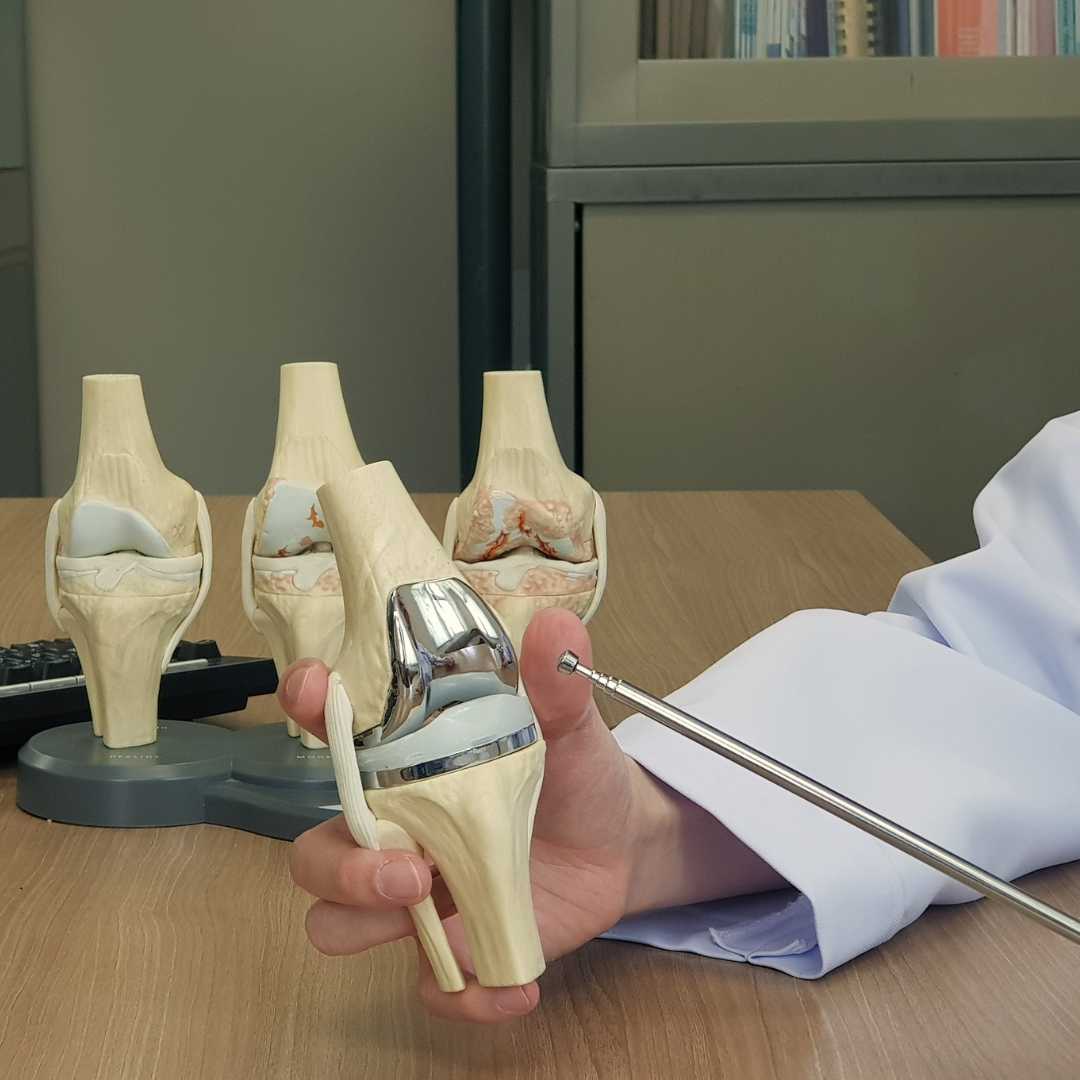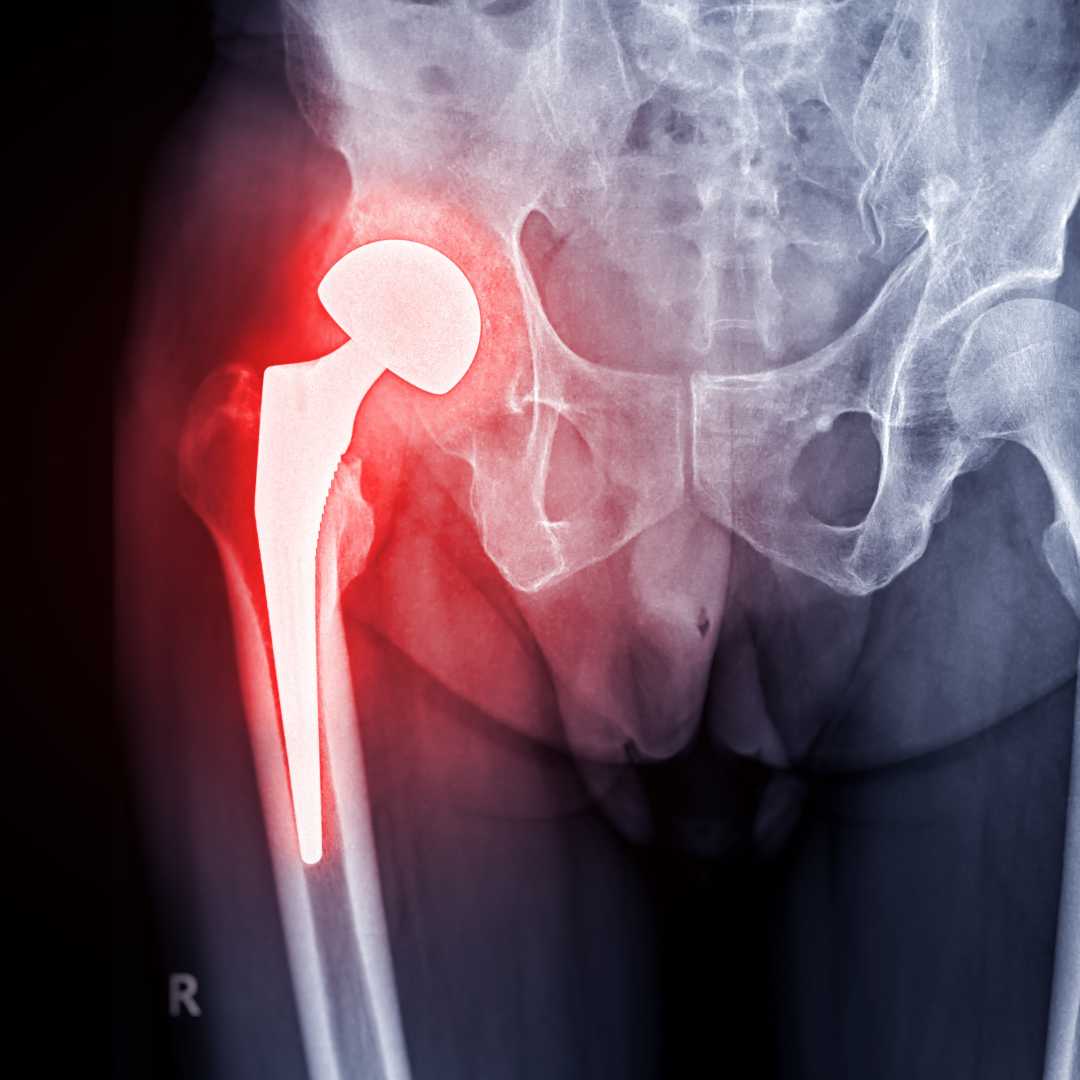How Much You Can Save on Cost of Hip Replacement Surgery in Turkey

Hip replacement surgery is a significant medical procedure that can drastically improve quality of life for individuals suffering from severe hip pain or arthritis. However, the cost of this surgery can be prohibitive in many countries, leading patients to seek affordable options without sacrificing quality. Turkey has emerged as a leading destination for hip replacement surgeries due to its combination of high-quality medical care and cost-effective solutions. This article explores how Turkey manages to offer affordable hip replacement procedures while maintaining exceptional standards of care.
In addition to cost benefits, Turkey's advanced healthcare infrastructure and highly skilled surgeons make it a viable choice for many patients. With state-of-the-art hospitals and a growing reputation for medical excellence, Turkey provides a compelling option for those needing hip replacement surgery. This guide will delve into the advantages of undergoing hip replacement in Turkey, the conditions that necessitate the surgery, and what prospective patients should know before and after the procedure.
Benefit of Hip Replacement in Turkey
-
High-Quality Medical Facilities: Turkey boasts numerous internationally accredited hospitals equipped with advanced medical technology. These facilities adhere to stringent quality standards, ensuring that patients receive top-notch care.
-
Experienced Surgeons: Turkish orthopedic surgeons are highly trained and experienced, often receiving their education and training from prestigious institutions both domestically and abroad. Many have extensive experience with hip replacement procedures.
-
Cost-Effectiveness: The overall cost of hip replacement surgery in Turkey is significantly lower compared to many Western countries. This is due to lower living costs and reduced overheads in Turkish healthcare facilities, allowing for substantial savings without compromising on quality.
How Hip Replacement Surgery Can Help
-
Pain Relief: Hip replacement surgery can alleviate chronic pain caused by conditions such as osteoarthritis or rheumatoid arthritis. By replacing the damaged hip joint with an artificial implant, patients often experience significant pain relief.
-
Improved Mobility: The surgery aims to restore normal function and mobility. Patients typically regain their ability to perform everyday activities, such as walking, climbing stairs, and engaging in physical exercise.
-
Enhanced Quality of Life: Successful hip replacement can dramatically improve the quality of life by allowing individuals to return to their regular activities and hobbies, leading to better overall physical and mental well-being.
Conditions That Necessitate Hip Replacement Surgery
-
Osteoarthritis: This degenerative joint disease is the most common reason for hip replacement. It leads to the breakdown of cartilage, causing pain, stiffness, and reduced mobility.
-
Rheumatoid Arthritis: An autoimmune condition that causes joint inflammation and can damage the hip joint over time, making hip replacement a viable option for symptom relief.
-
Hip Fractures: Severe fractures, especially in older adults, may necessitate hip replacement if the fractures do not heal properly or if they lead to significant joint damage.
Ideal Candidates for Hip Replacement Surgery
-
Age and Health Status: While there is no strict age limit, candidates typically range from middle-aged to older adults. Good general health and the absence of severe underlying conditions are important for a successful recovery.
-
Severity of Joint Damage: Ideal candidates are those who have significant joint damage or pain that has not improved with non-surgical treatments such as medications or physical therapy.
-
Lifestyle and Activity Level: Candidates who lead an active lifestyle and have specific functional goals post-surgery, such as returning to sports or routine activities, may benefit greatly from hip replacement.
Cost of Hip Replacement in Turkey
Here's a cost and features associated with some of the leading hospitals and surgery centers in Turkey for hip replacement surgery:
1. Turan Turan Robotic Surgery Center
Turan Turan Robotic Surgery Center is renowned for its cutting-edge approach to orthopedic surgery, particularly hip replacement procedures. The clinic specializes in robotic-assisted surgeries, which can offer enhanced precision, shorter recovery times, and potentially better outcomes compared to traditional methods.
- Technology: Utilizes state-of-the-art robotic systems for enhanced precision and minimally invasive techniques.
- Expertise: Known for a team of highly skilled orthopedic surgeons specializing in robotic-assisted procedures.
- Benefits: Offers reduced post-operative pain and quicker recovery times.
- Patient Care: Focuses on personalized care with detailed pre-operative planning.
| Treatment | Details | Price |
| Hip Replacement Surgery Partial or Total | BILATERAL HIP REPLACEMENT SURGERY Smith&Nephew Oxinium The result is a material that has demonstrated the lowest risk of revision in multiple national and regional hip registries | $18.000 |
2. Group Florence Nightingale Hospital
Group Florence Nightingale Hospital is part of a prestigious network of hospitals in Turkey, known for its high standards in medical care and advanced technology. The hospital is well-regarded for its orthopedic department, offering comprehensive services for hip replacement surgery with a focus on both traditional and advanced techniques.
- Reputation: Part of the prestigious Florence Nightingale Hospital network.
- Technology: Equipped with advanced imaging and surgical technologies.
- Expertise: Features experienced orthopedic surgeons proficient in both traditional and advanced techniques.
- Patient Care: Provides a holistic approach with pre-surgical consultations and post-operative rehabilitation.
| Treatment | Details | Price |
| Hip Replacement Surgery Partial or Total | Hip Replacement (including Zimmer prosthesis) 5 days at the ward 9,000$USD Bilateral Hip Replacement (including Zimmer prosthesis) 7 days at the ward 14,000 $USD | $9.000 |
3. Private Koru Ankara Hospital
Private Koru Ankara Hospital is a prominent healthcare facility known for its comprehensive approach to orthopedic care. The hospital is noted for its patient-centered services and advanced medical technologies, including those used in hip replacement surgeries.
- Facilities: Offers modern surgical suites and advanced medical technologies.
- Expertise: Employs skilled orthopedic surgeons with a focus on personalized treatment plans.
- Patient Care: Emphasizes comfort and tailored care throughout surgery and recovery.
- Reputation: Known for high standards of patient care and successful outcomes.
- Cost Estimate: Approximately $7,500 to $10,500 per hip replacement surgery.
Pre-treatment, Post-treatment, and Recovery After Surgery
Pre-Treatment
- Consultation: Meet with an orthopedic surgeon to discuss your symptoms, medical history, and the hip replacement procedure.
- Preoperative Testing: Undergo various tests such as blood work, X-rays, and possibly an MRI to assess your hip and overall health.
- Medical Clearance: Obtain a medical evaluation from your primary care physician to ensure you’re fit for surgery.
- Preoperative Instructions: Follow instructions regarding medications, dietary restrictions, and any required lifestyle adjustments before surgery.
- Prehabilitation: Engage in physical therapy or exercises to strengthen muscles around the hip and improve overall fitness.
- Preparation for Hospital Stay: Arrange for accommodation in Turkey, understand the hospital's requirements, and prepare necessary documents and insurance.
- Home Preparation: Make your home safe and accessible for post-surgery recovery (e.g., removing tripping hazards, arranging for help).
Post-Treatment
- Immediate Postoperative Care: Post-surgery, you'll be monitored in a recovery room or hospital ward for a few days. Pain management, wound care, and monitoring for complications are key focuses.
- Pain Management: Receive medications to manage pain and inflammation. Your healthcare team will adjust them as needed.
- Wound Care: The surgical site will be monitored for signs of infection. Follow wound care instructions and attend follow-up appointments for dressing changes.
- Physical Therapy: Begin a physical therapy program to regain strength, mobility, and function in the hip. This may start with gentle exercises and progress to more challenging activities.
- Mobility Aids: Use crutches, a walker, or a cane as recommended to assist with mobility and ensure proper weight-bearing on the new hip.
Recovery After Surgery
- Gradual Increase in Activity: Follow a structured plan to gradually increase your activity levels, including walking and gentle exercises.
- Follow-Up Appointments: Attend follow-up visits with your surgeon to monitor your progress, assess the hip implant, and address any concerns.
- Lifestyle Adjustments: Make necessary adjustments to daily activities and routines to accommodate your new hip and avoid strain.
- Long-Term Physical Therapy: Continue physical therapy as needed to optimize your range of motion, strength, and functional outcomes.
- Return to Normal Activities: Depending on your progress, you can gradually return to regular activities and hobbies, but follow your surgeon’s recommendations regarding restrictions or modifications.
- Monitoring for Complications: Stay alert to any signs of complications such as unusual pain, swelling, or changes in hip function, and report them to your healthcare provider promptly.
Frequently Asked Questions
Is hip replacement surgery painful?
Answer: Pain management strategies are employed to ensure patient comfort during and after the surgery. Most patients experience manageable pain levels that improve significantly as they recover.
How long will I stay in the hospital after surgery?
Answer: Hospital stays typically range from 1 to 3 days, depending on the individual’s progress and any complications.
What are the risks associated with hip replacement surgery?
Answer: Risks include infection, blood clots, and implant-related issues. However, these risks are minimized through advanced surgical techniques and comprehensive preoperative assessments.
Will my insurance cover the cost of surgery in Turkey?
Answer: Coverage varies by insurance provider. It’s advisable to check with your insurance company to understand what is covered and if any additional arrangements need to be made.
How do I find a reputable hospital or surgeon in Turkey?
Answer: Researching hospitals with international accreditations and reading patient reviews can provide insights. Consulting with medical tourism agencies or contacting facilities directly can also help in selecting a reputable provider.
How to learn more about Hip Replacement in Turkey?
If you’re considering hip replacement surgery in Turkey and want to learn more about your options, contact PlacidWay’s customer service team for personalized assistance and information. Our experts are here to help you navigate your medical journey with confidence and clarity. Reach out to us today to start your path to improved mobility and quality of life.




.png)
.png)
.png)

.png)





